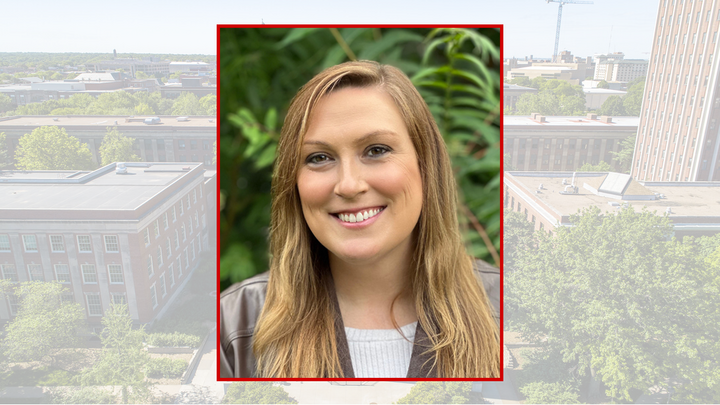On March 28, the Forsythe Family Program on Human Rights and Humanitarian Affairs held a Brown Bag Discussion on human rights and international law with Brian Lepard, professor at the University of Nebraska-Lincoln College of Law.
Mi Hwa Hong, a post-doctoral research fellow, said the concept of Brown Bag Discussions is to allow undergraduates to have a one-on-one conversation with faculty while embracing various interests in human rights.
Hong said she is hoping to recruit more undergraduates to come.
“This year, we decided to run a series of monthly discussions about timely human rights topics, led by our faculty,” Ari Kohen, the current director of the program, said. “We have 50 faculty members affiliated with the program, so we have no shortage of experts on interesting topics.”
Lepard is a former director of the program and is an expert on international human rights and law. He has also written several books on human rights. Kohen said Lepard was a natural pick to lead this month’s discussion.
“Our undergraduate students will really benefit from sitting down with him for an hour, especially since many of our students have an interest in continuing their studies in law school,” she said.
Before the discussion began, Lepard announced that he just received a copy of his recently published book, “Reexamining Customary International Law,” which took around seven years to finish.
Throughout the discussion, Lepard shared from his years at both Princeton and Yale universities. He also elaborated on his experience as a human rights expert for The Baha’i International Community for the United Nations for three years right out of college.
The discussion was centered around customary law and his unique view of using ethical principles when dealing with customary law.
“I’m hopeful that we can do this again next year if it’s something our students want us to continue.” Kohen said.
In 1997, the University of Nebraska created a new interdisciplinary area of excellence in human rights. Later in 2010, it was renamed the Forsythe Family Program on Human Rights and Humanitarian Affairs, named after the founding director David Forsythe. This program allows students to minor in Human Rights and Humanitarian Affairs after completing 18 hours under the program.
“We [Nebraska] may be the only law school that focuses on international human rights law in the first year of students,” Lepard said.




